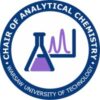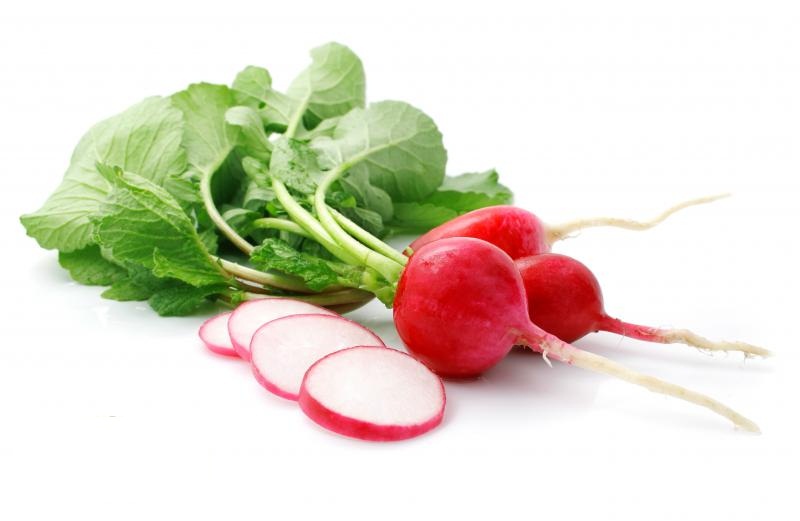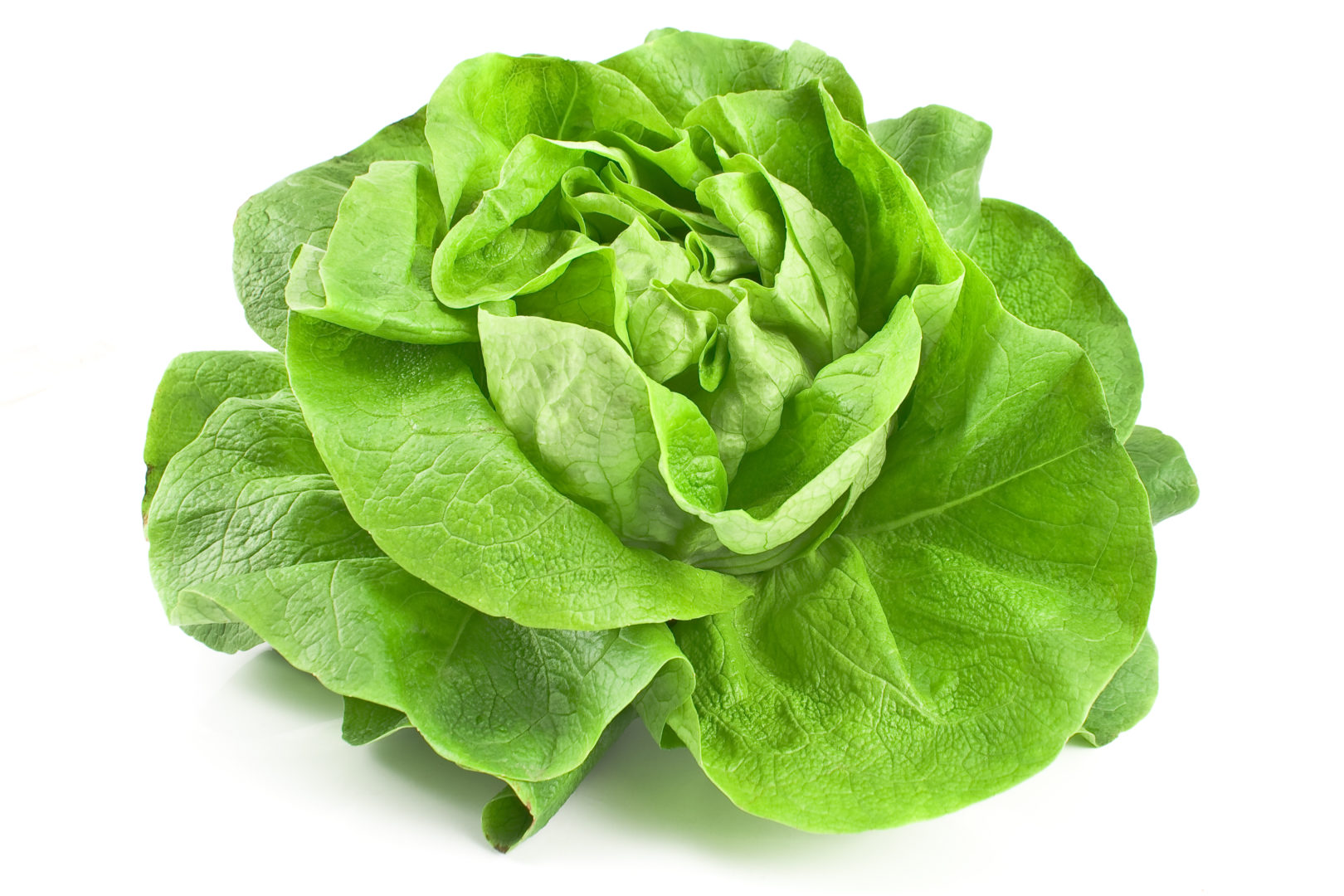The main aim of the present project is to develop advanced analytical methodologies to assign plant metabolism of metal-based nanoparticles present in the environment. Developed analytical procedures will allow for: examination of nanoparticle location in the plant, identication of their forms and chemical stability. The results not only allow to describe the metabolism of metal nanoparticles in edible plants, but also to find forms of nanoparticles absorbed by humans. Finally the methods will allow to propose mechanism of formation and transformation of nanoparticles and identify forms of nanoparticles occurring in plant tissues and cells.
The revolutionary development in agriculture, engineering and industry as well as in nanoscience and nanotechnology results in growing presence of nanoparticles (NPs) in the environment. Nanoparticles are defined as man-made materials with size smaller than 100 nm in at least two dimensions. The unique physical and chemical properties of nanoparticles affect crop development and yield, and cause the accumulation of NPs in plant tissues, including edible ones. This is why it is necessary to know NPs metabolism in plants, as their consumption can cause accumulation of NPS in organisms at the top of the food chain.
As a model human food crops will be examined lettuce and radish, and nanoparticles – zinc oxide and titanium oxide. The project is scheduled for completion of five research tasks carried out using mass spectrometry techniques – allowing for monitoring places and forms NPs accumulation in edible plants. Specific ICP MS (inductively coupled plasma mass spectrometry) – SP-ICP MS will allow to estimate particle size, to assay total content of NPs and dissolved metal ions in plants as well as to distinguish dissolved forms of NPs without their separation. The use of LA-ICP- MS and microscopic techniques will allow to find location of NPs in plants cells and tissues. High resolution mass spectrometers (e.g. Orbitrap MS and/or FT ICR MS) – identification of metal species (from dissolved MNPs).
The project will be performed in cooperation with the laboratory in Pau, France, what will enable fruitful meeting of chemical experience of the Polish side and bioinorganic – of foreign partner. The planned joint work will help to fill a gap in research on the metabolism of metal nanoparticles in plants, which lie in the basic area of speciation analysis of nanoparticles. Additionally, will create the possibility of using techniques not available in Poland or available at a single site.



